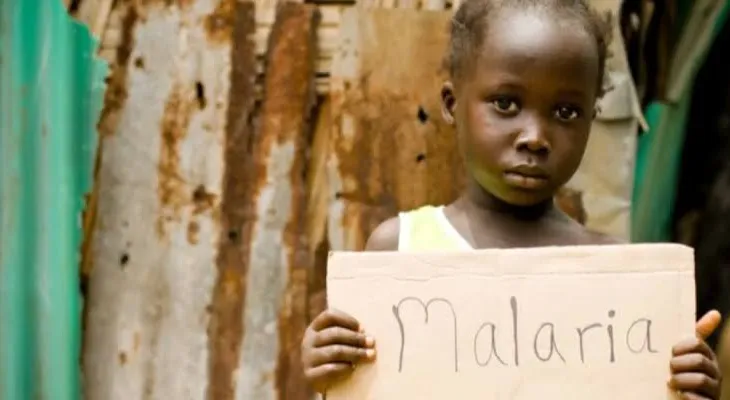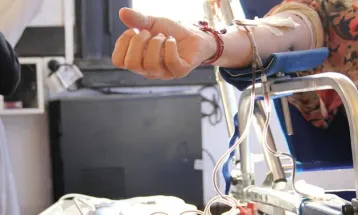
Sierra Leone's Malaria Death Rate: A Critical Assessment
Sierra Leone has been identified as one of the countries grappling with a high malaria death rate, ranking fourth out of five nations in a recent study conducted by Laiba Immad. With a total death rate of 81.1 per 100,000 people, the nation faces a significant health challenge, compounded by over 2.5 million reported cases and more than 7,000 deaths annually attributed to malaria.
This alarming statistic underscores the urgent need for comprehensive measures to address malaria within Sierra Leone. Malaria remains a leading cause of hospital admissions, contributing to 40% of such cases, and is responsible for 37% of deaths in children under the age of five. The impact of malaria extends beyond its direct health consequences, exerting a considerable strain on the country's healthcare system and economic productivity.
In response to this pressing issue, various initiatives have been implemented to combat malaria in Sierra Leone. The President's Malaria Initiative and the Global Fund have prioritized bed net distribution campaigns and surveillance efforts to reduce the prevalence of malaria. Additionally, international support from organizations such as the Centers for Disease Control and Prevention (CDC) and the President's Emergency Plan for AIDS Relief (PEPFAR) has been instrumental in bolstering Sierra Leone's healthcare infrastructure and addressing broader health challenges, including HIV/AIDS and tuberculosis.
Despite these efforts, Sierra Leone continues to grapple with the burden of malaria, highlighting the need for sustained investment and innovative strategies to combat the disease effectively. Beyond the provision of bed nets and medical treatment, addressing underlying socio-economic factors, such as poverty and access to healthcare, is crucial in reducing the prevalence of malaria and improving overall health outcomes in Sierra Leone.
As the nation strives to overcome the challenges posed by malaria, collaboration between government agencies, international organizations, civil society, and the private sector is essential. By leveraging resources, expertise, and innovative approaches, Sierra Leone can make significant strides towards reducing the burden of malaria and improving the health and well-being of its population.

















